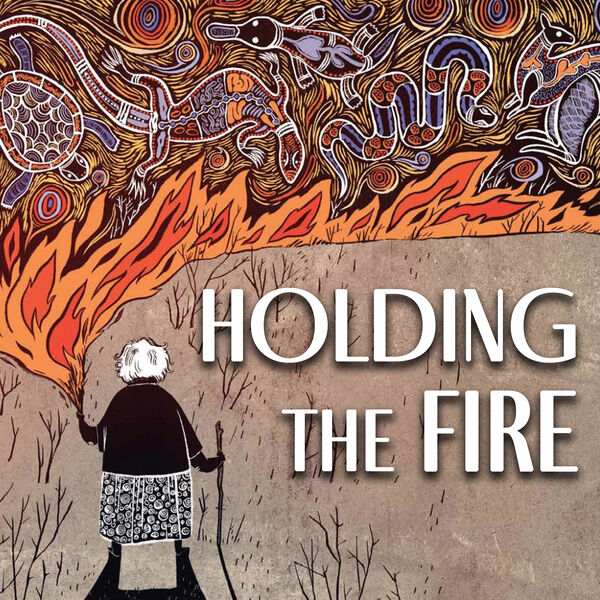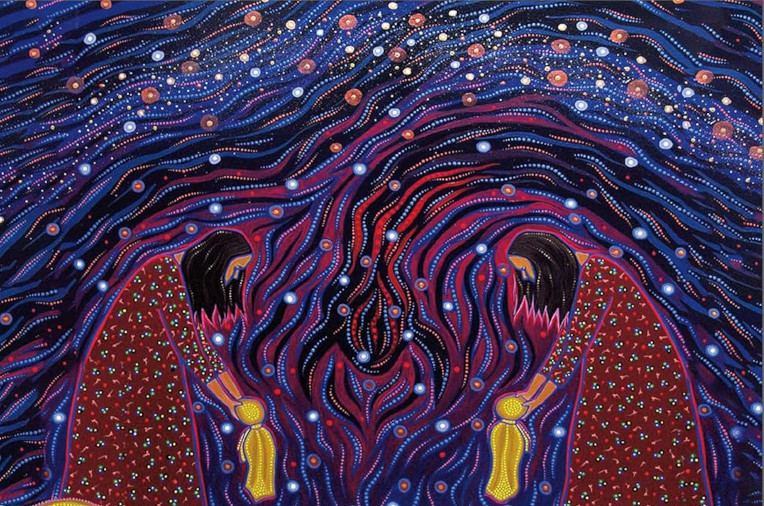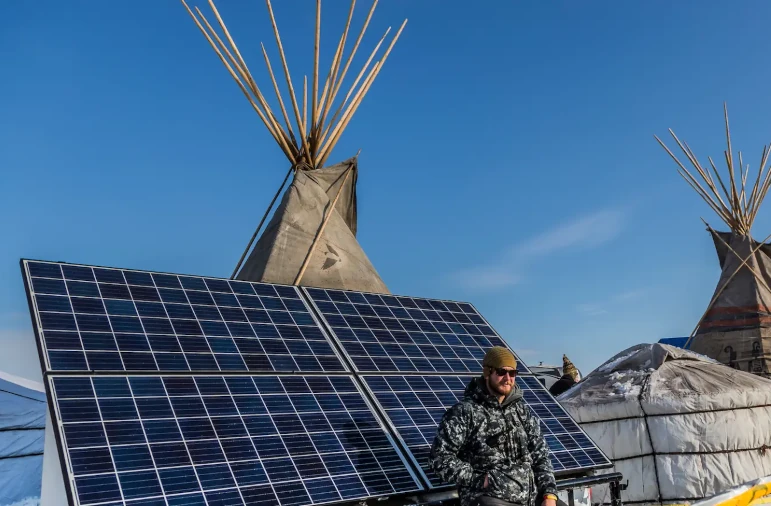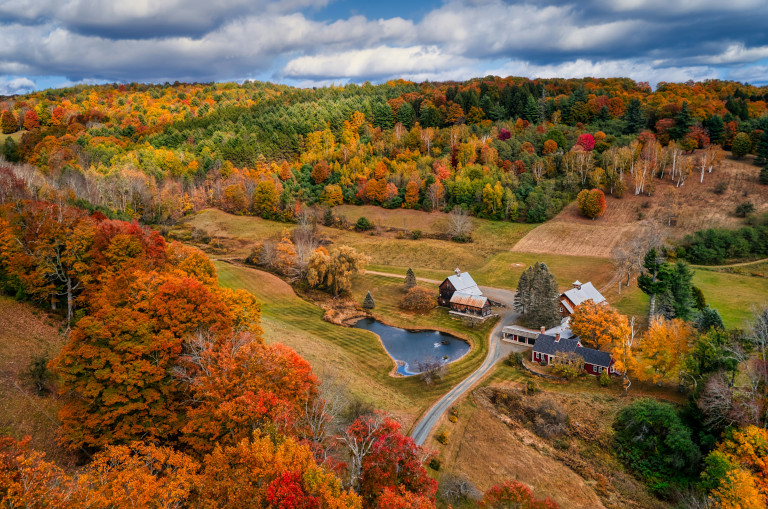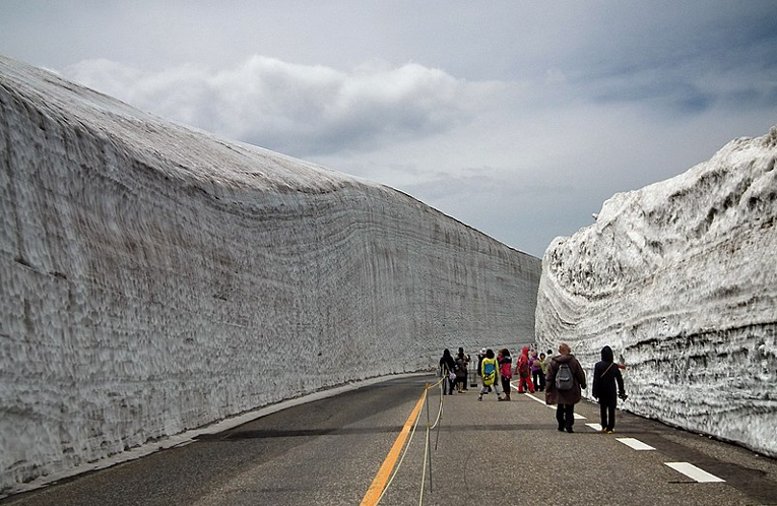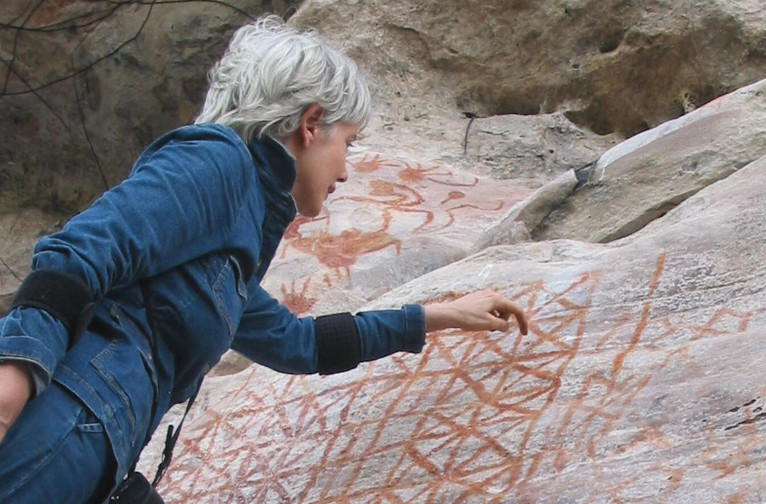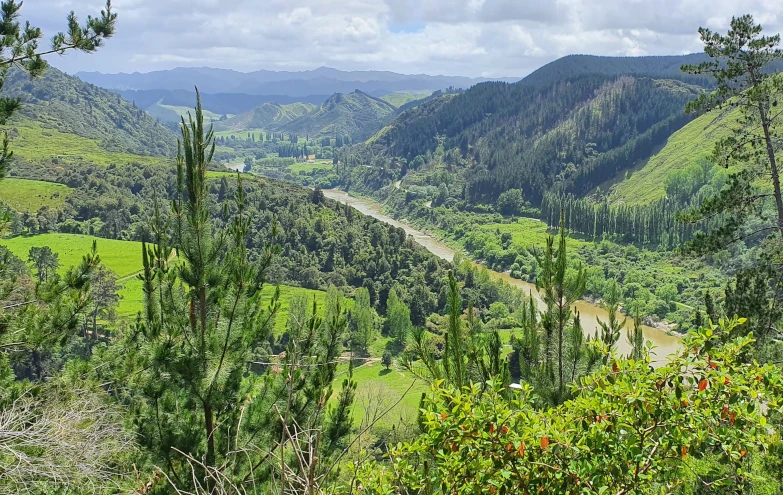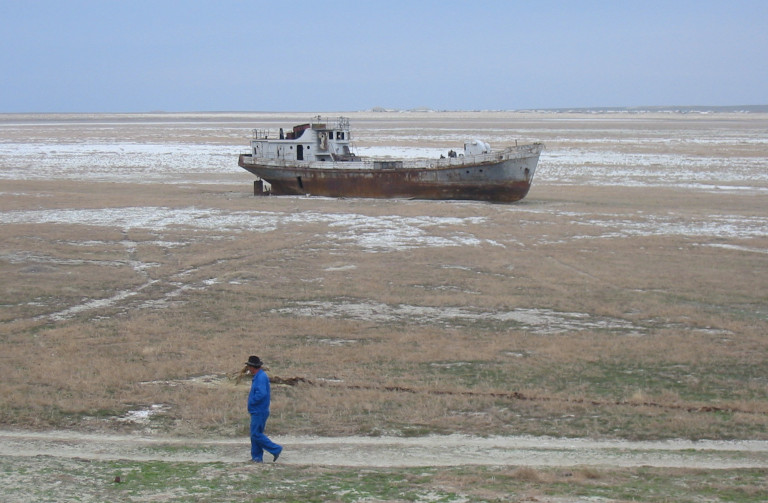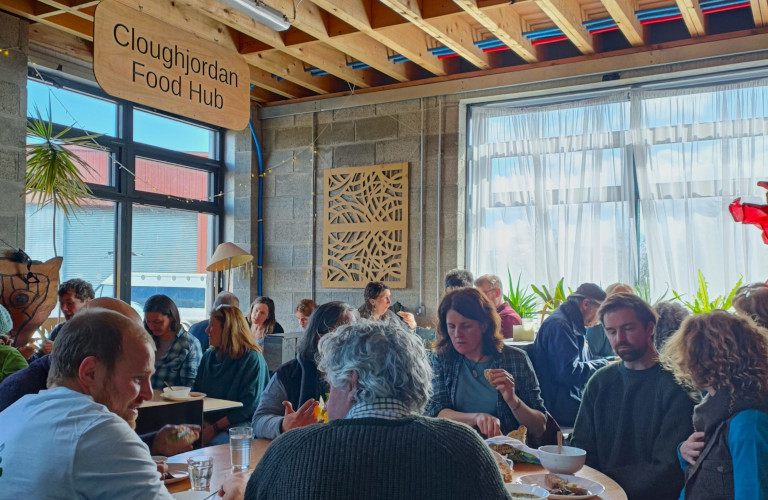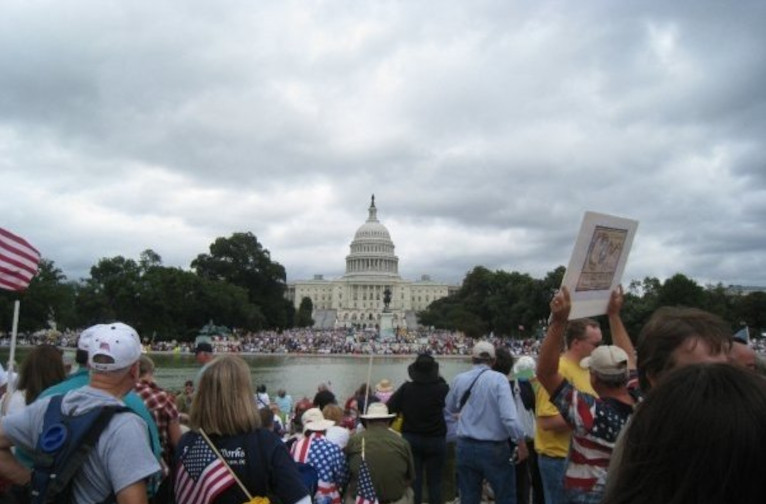If you don’t share his faith in economic growth, and if you lack confidence that pledged emissions cuts will be made actual, some paragraphs in Slow Burn will come across as wishful thinking.
Editor’s Picks
Latest
Energy
Food & Water
Society
Featured Topics
The Great Unraveling
Environmental and social challenges are now compounding to threaten the very systems that support the world we know. What does this Great Unraveling mean for both human civilization and the global ecosystem, and what we can do in response?
Holding the Fire
Award-winning journalist and author Dahr Jamail hosts in-depth interviews with leaders from around the world to uncover Indigenous ways of reckoning with environmental and societal breakdown.
Think Resilience
Start doing something about climate change and our other sustainability challenges—starting in your own community.
Think Resilience features twenty-two short video lectures by Richard Heinberg, one of the world’s foremost experts on the urgency of transitioning away from fossil fuels.






